After several weeks in sunny California, Paris can feel like a bit of a shock. Everyone knows that Californians are preternaturally, well, sunny. Parisians? Not so much. But are Parisians as rude as their well-worn reputation? Although I hate to admit it, I’m tempted to say oui.
But here’s what I’ve learned: rudeness is in the eye of the beholder. After all, one woman’s nasty remark is another’s conversational norm. And while many Parisians might be described as rude, they are also — and often maddeningly — scrupulously polite. So what gives?
To help decode yet another aspect of this French paradox, here’s a little cheat sheet to employ on your next visit.
La politesse.
As most people know, the French have deep affection for the history and tradition of their beloved Hexagone. Deeply ingrained in this tradition are the rules of la politesse. They govern the formalities of how the French greet one another (les bises), suitable (and unsuitable) topics for conversation, strict rules for behavior à table, deep respect for elders and many more. Break — or misinterpret — these rules at your peril.
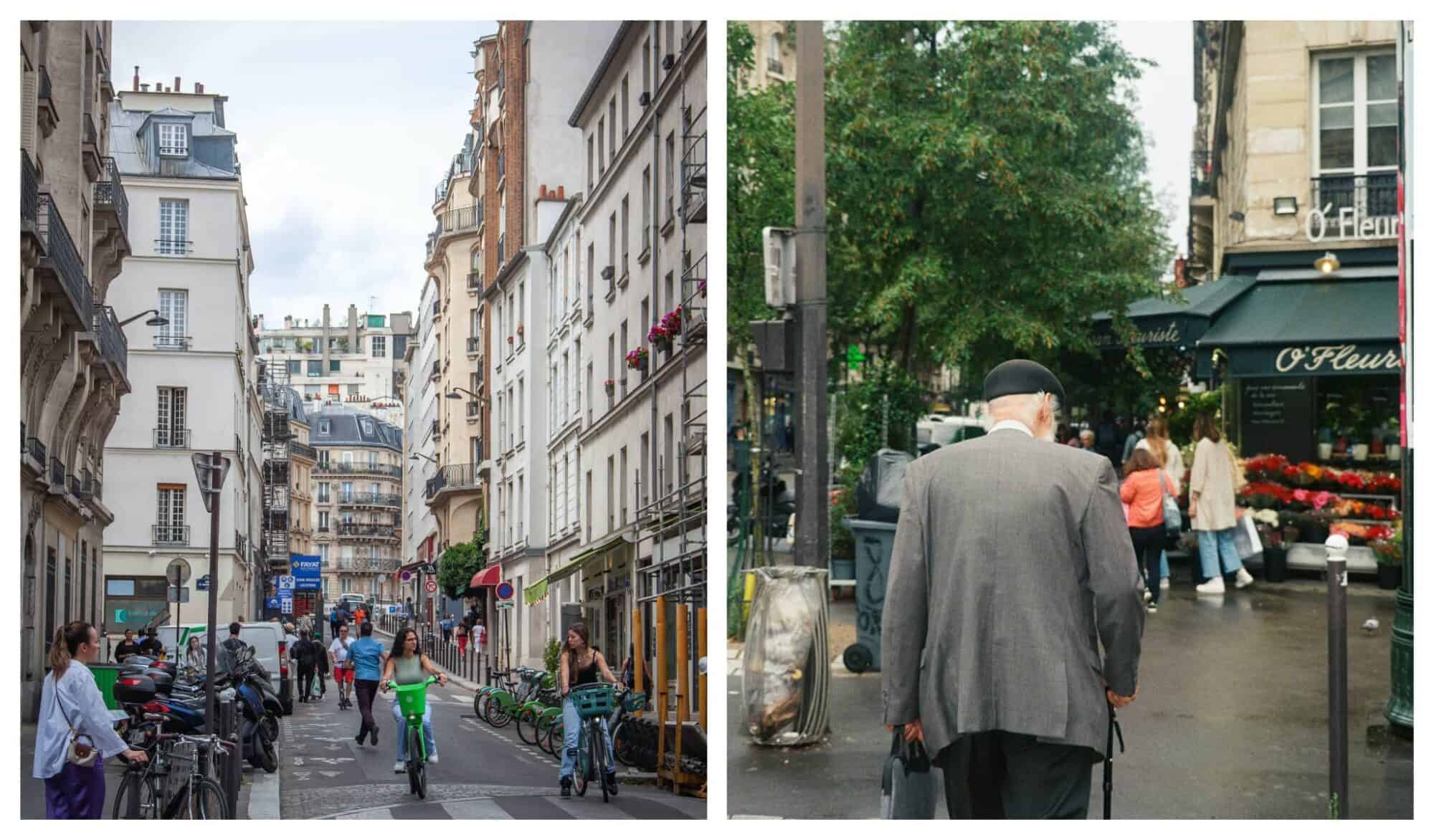
Bonjour, madame!
If there’s one golden rule for a successful interaction in Paris, it is this: One must always, always, open with “Bonjour,” and close with “Au revoir”. This is especially true in shops or any commercial enterprise. Places of commerce are seen as the private domain of the shopkeeper or salesperson. You wouldn’t enter someone’s home without saying “hello,” now would you? I didn’t think so.
Just yesterday, my son and I ran into a neighbor (une femme d’un certain age, as they say). My son is shy and tends to cast his eyes downward when confronted on the street. After our brief and friendly exchange, she leveled him with a look and said, “You say neither hello nor goodbye, so I am not very pleased with you.” Ouch.
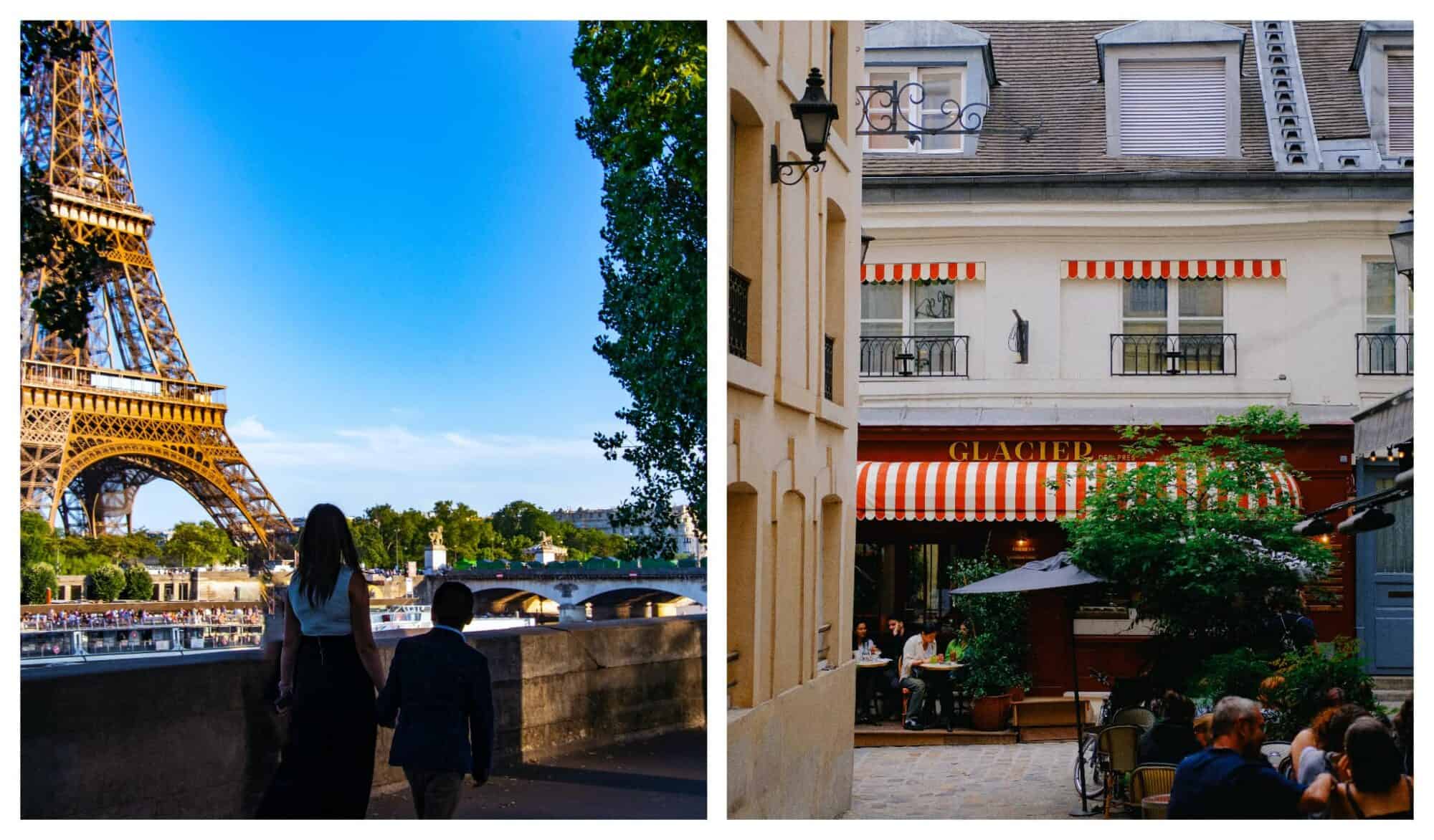
Say cheese!
Everyone knows Americans love to smile. Smiling at someone (or at least not scowling) when your eyes happen to meet is just something we do. It’s also something we expect in return. The French do not do this. A Parisian smile is something to be earned, a gift conferred for an exchange well-played, or a blossoming rapport built over time.
They don’t dole them out to strangers just because you happen to be crammed into the same metro car or proffering your hard-earned centimes for a fresh baguette. They smile when they mean it. (And when that happens, it can be pretty great).
The customer is always…wrong?
For those accustomed to idea that “customer is king,” this can be a tough one. Because in Paris, the customer is quite often wrong. Why? Because, as everyone knows, a Parisian is always right. (And even if he isn’t, he’ll never admit it.) It’s just not done. I credit the French educational system for this particular peccadillo where there are only two kinds of answers: right or wrong.
And trust me, as a school child in France, you don’t want to find yourself among the latter. And so the French learn early that a confidently played — often argumentative — response is preferable to none at all. Don’t go asking to “speak to a supervisor” or accusing a customer service rep of wrongdoing. You simply will not get anywhere.
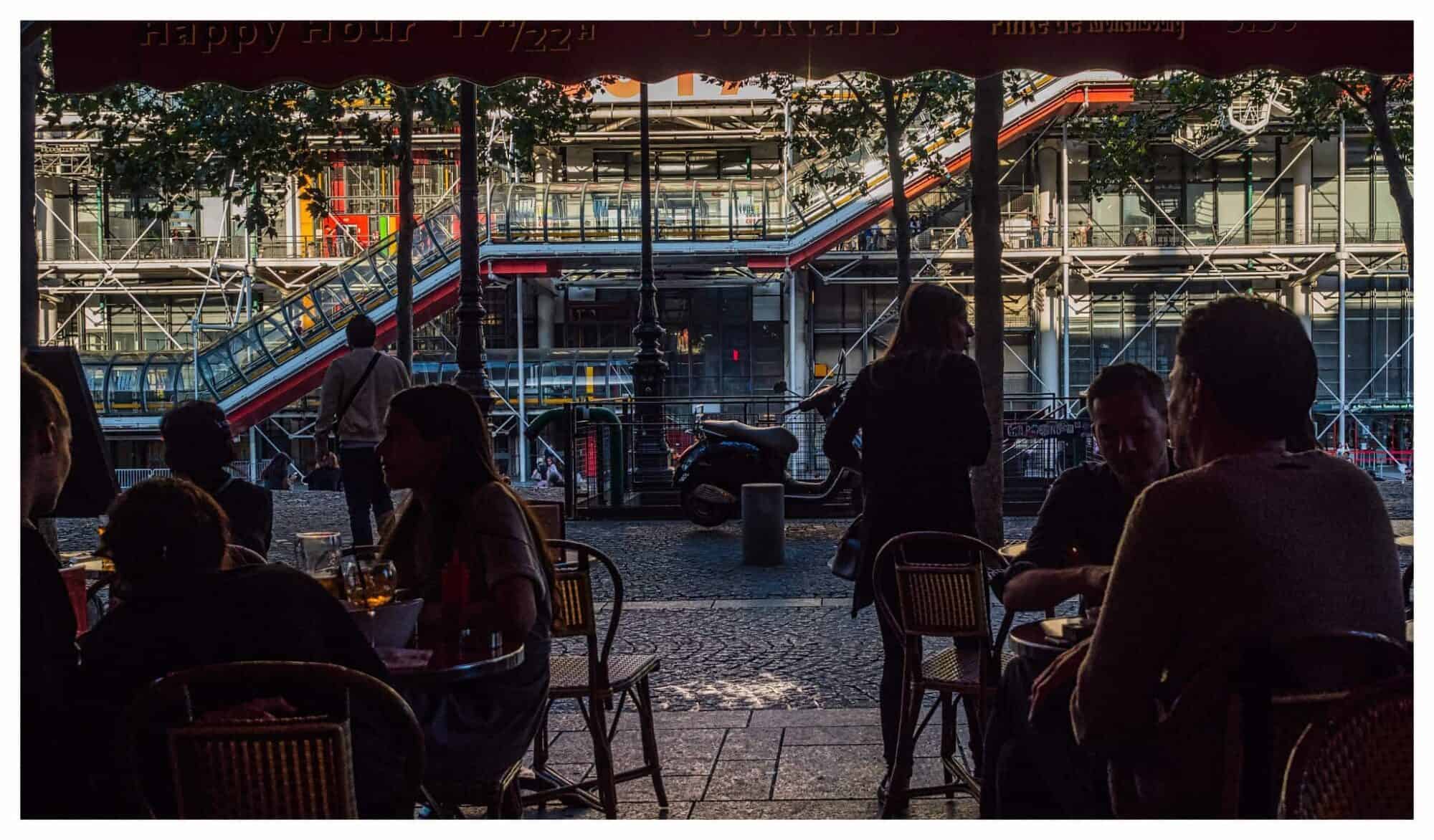
So, how to survive and thrive in Paris? Throw your shoulders back, put on a confident face and sling an expensive bag over your arm. Hold your head high, walk (and talk!) with purpose. Don’t take it personally if someone bumps you in the street; they’ll very likely hold the door for you as you exit the metro station. And when the going gets tough, throw a little attitude. The French respond to strength and love a good match of wills. It’s all a game to them and only the strong shall prevail.
RELATED LINKS
- Looking to debunk some further clichés about the French? Read on!
- What’s the most important word in the French vocabulary?
- Can you guess the biggest giveaway that you’re an American?
Written by Paige Bradley Frost. Looking to travel? Check out Plum Guide and our Marketplace for fabulous vacation rentals in Paris, France or Italy. Looking to rent long or short term, or buy in France? Ask us! We can connect you to our trusted providers for amazing service and rates or click here. Looking to bring France home to you or to learn online or in person? Check out our marketplace shop and experiences.



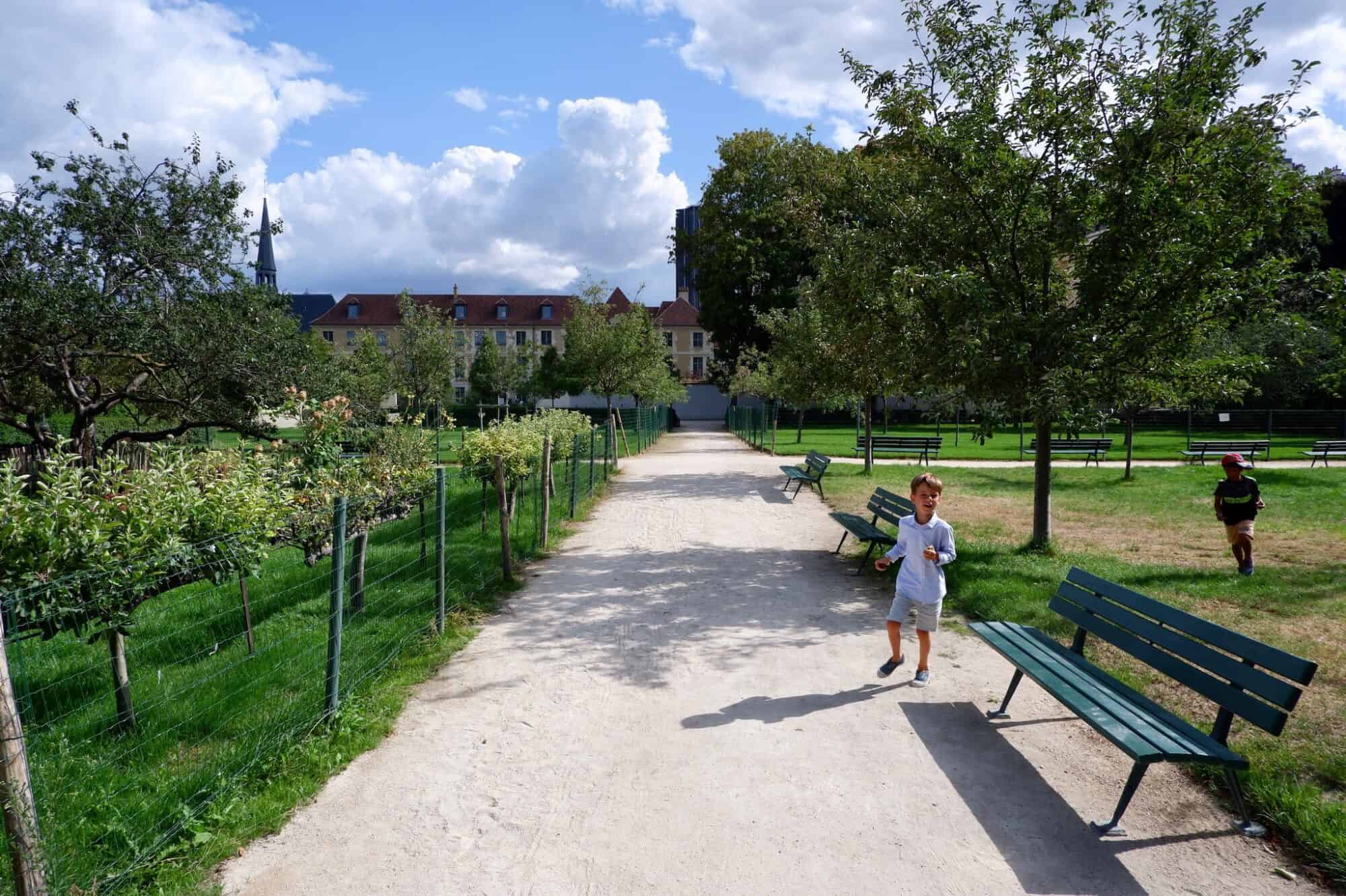
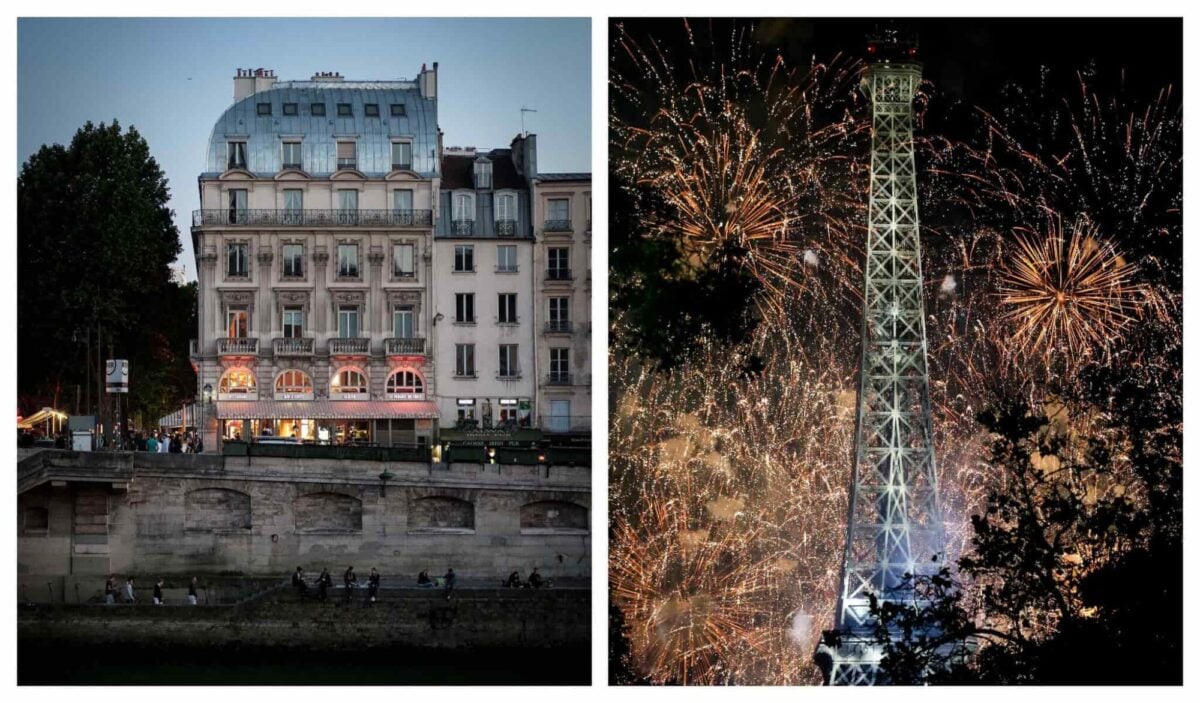
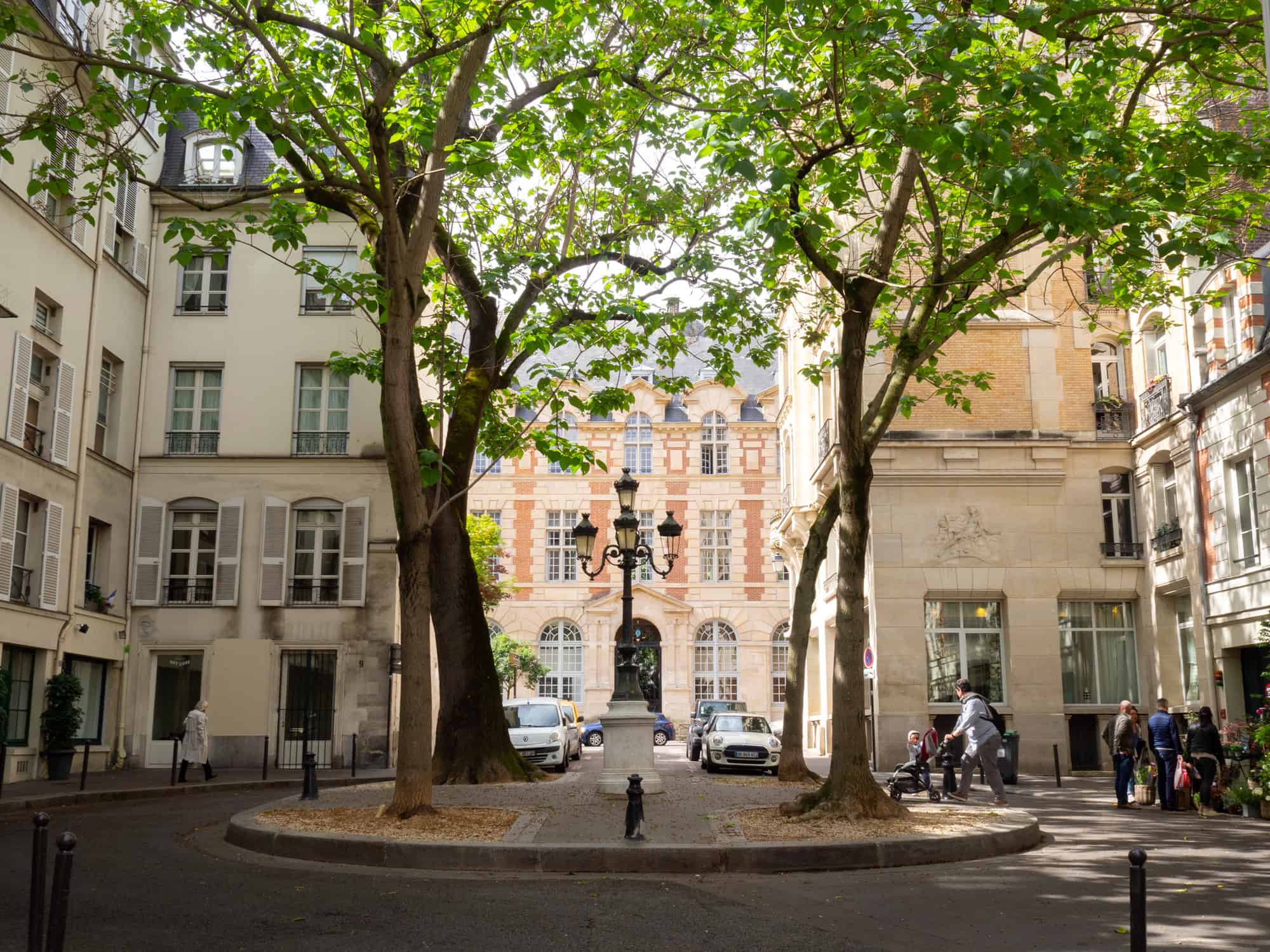



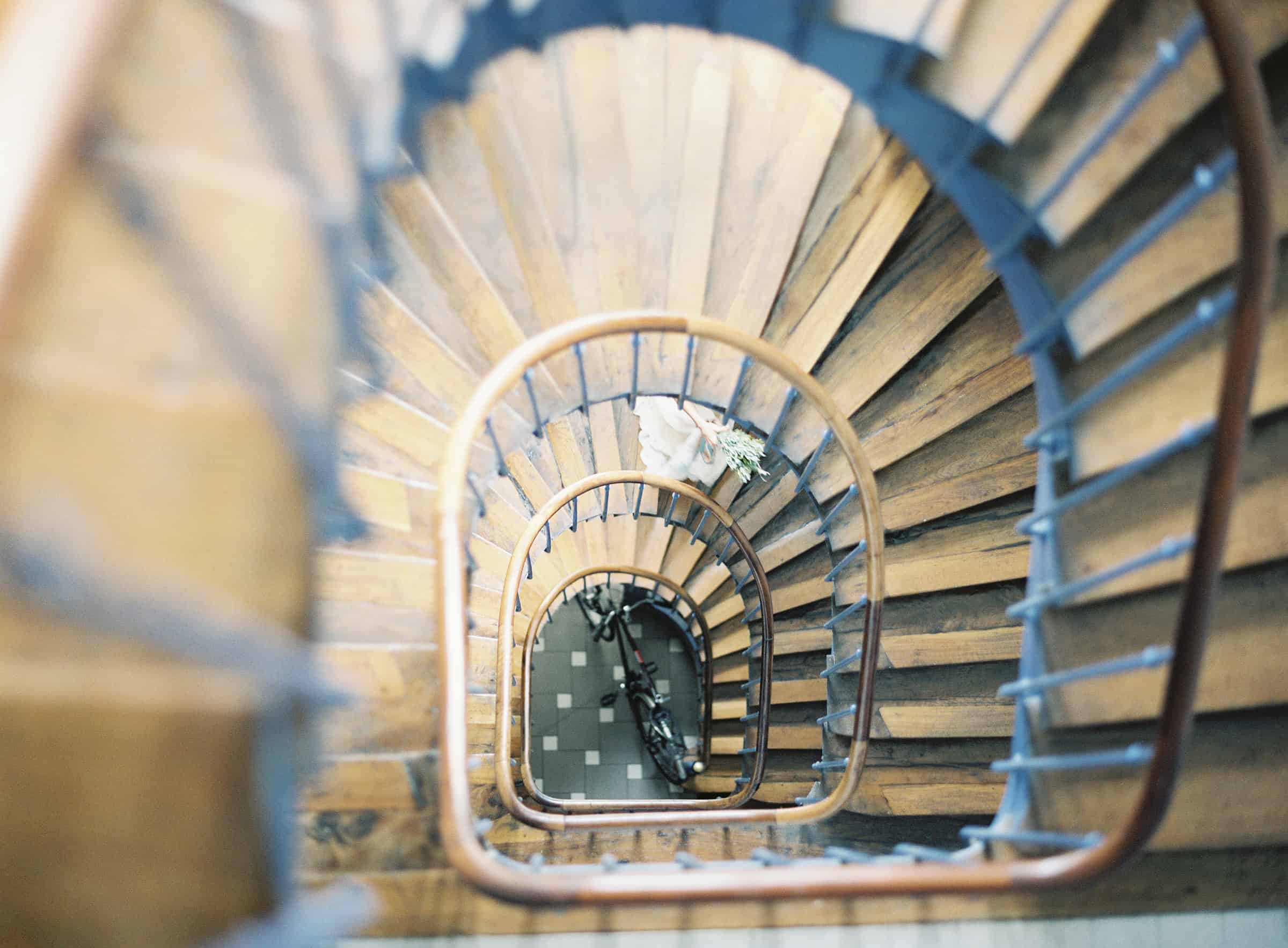










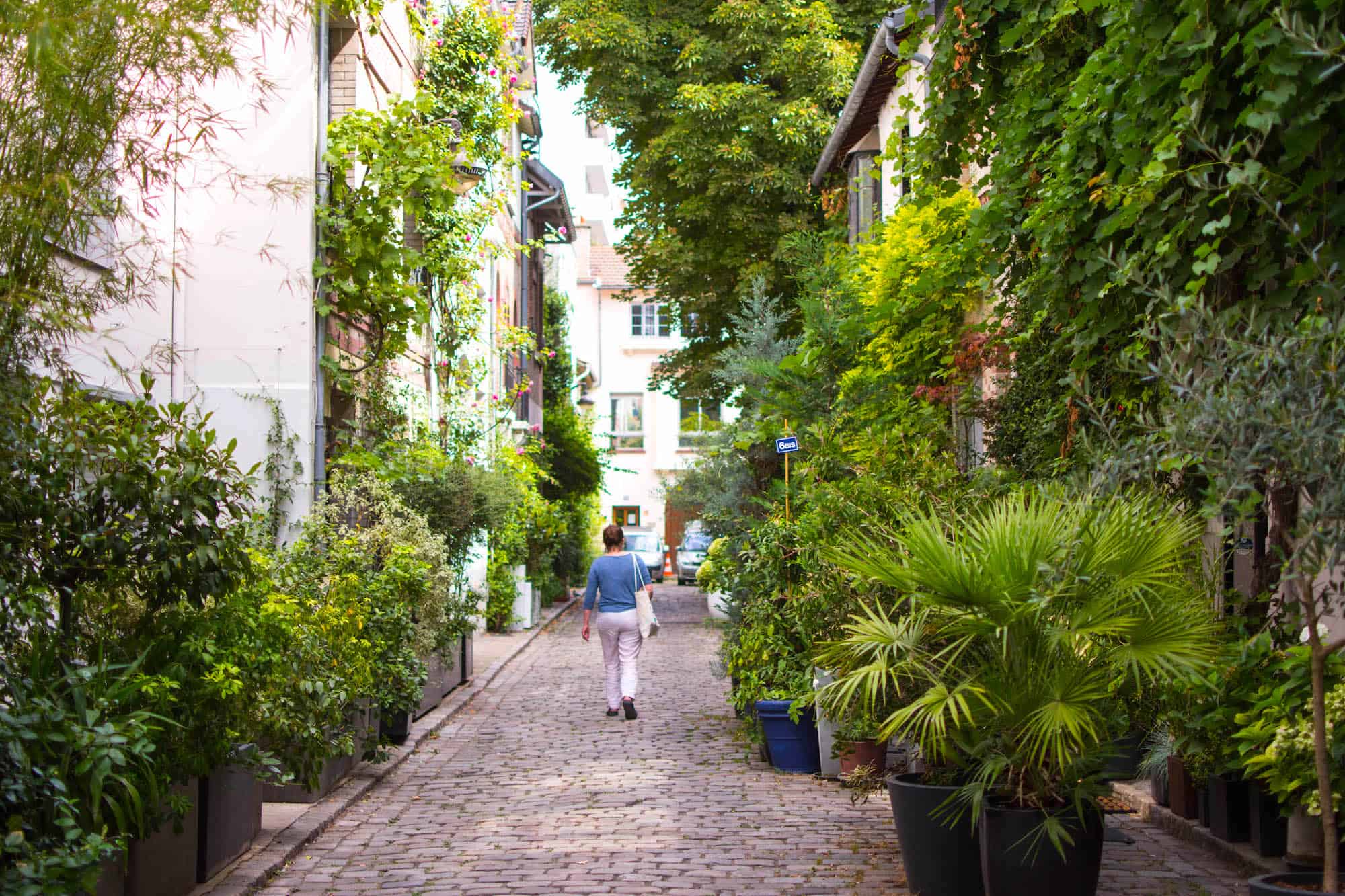
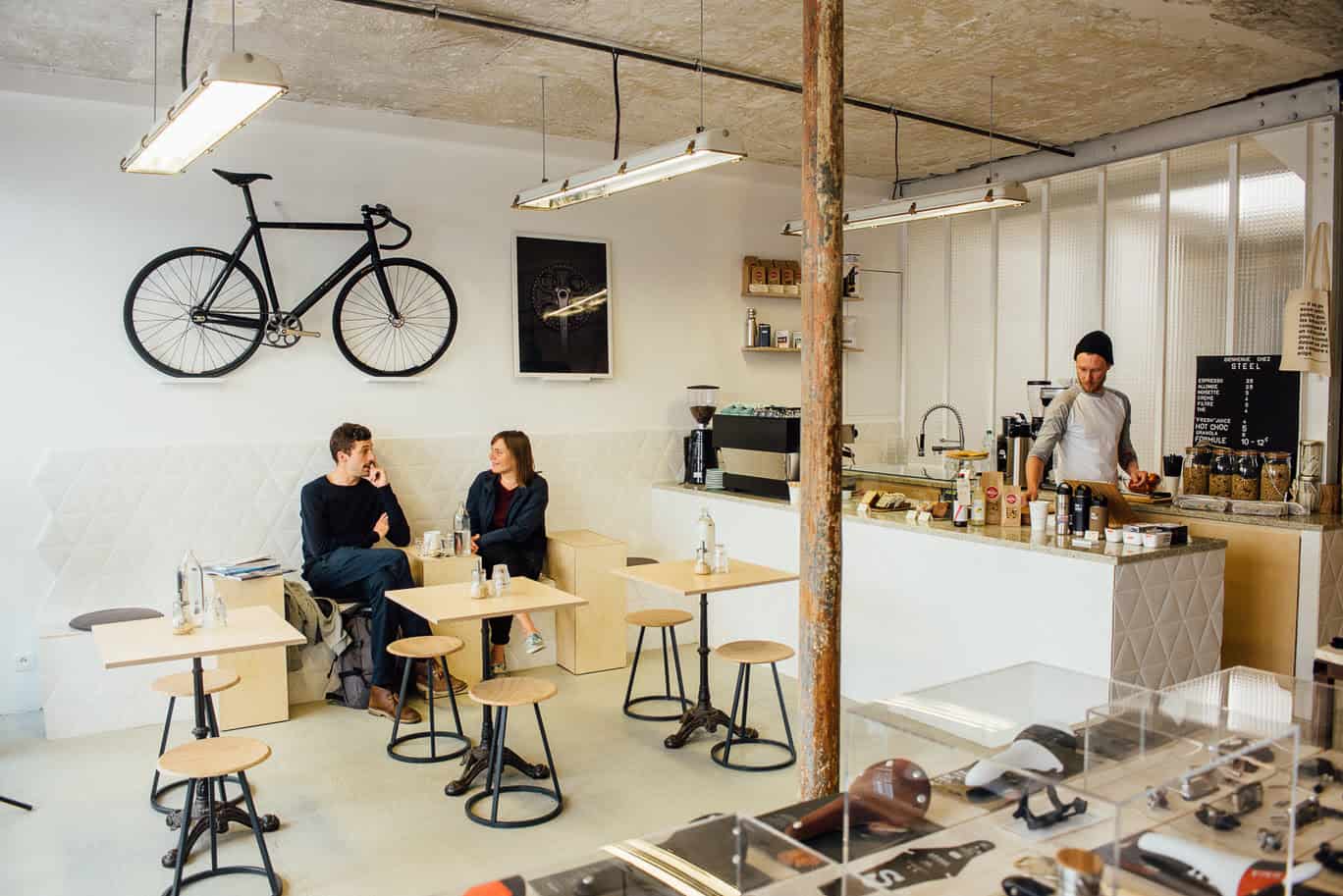

On he topic there is an excellent book, explaining the origins of culture difference and why you should not judge someone from your own culture but trying to understand the “other side” and education before. It can go back to religious cultures, legal systems, etc. I love this book, practice the “philosophy” as often as possible, share it with my guests who appreciate.
Raymonde Carroll Evidences Invisibles (Editions Seuil) but I am sure you can find an English version. This is about Americans and French but the idea is valid for all cultures.